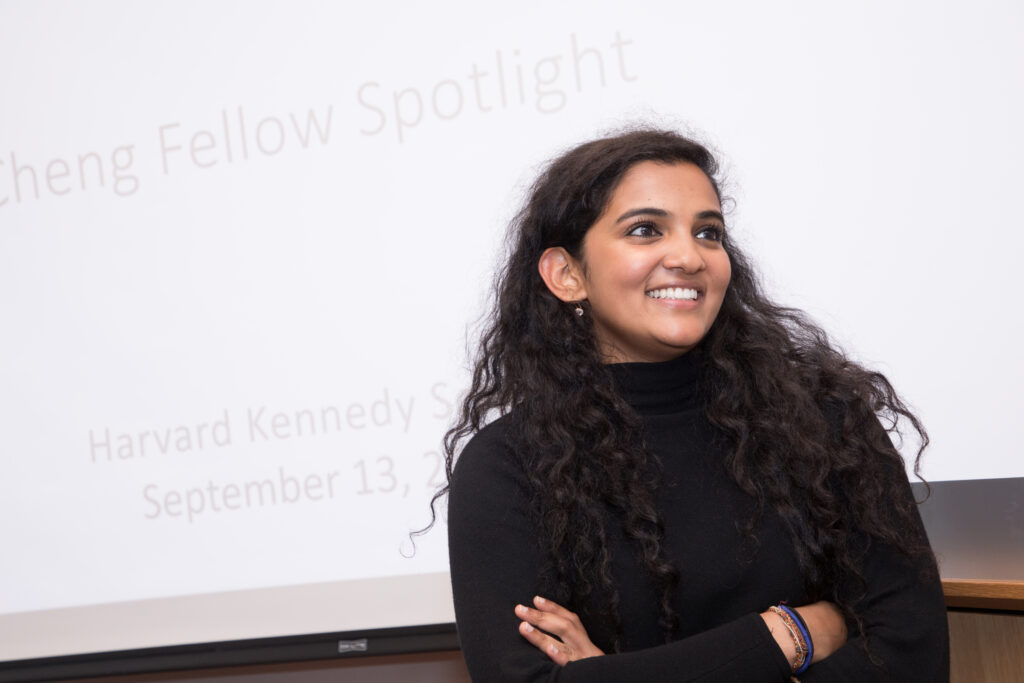Whether or not 2018 was the worst year in human history or the best, the Social Innovation and Change Initiative (SICI) team is lucky to have spent the year teaching, learning, and growing with Harvard’s community of social innovators. This community represents the students from all Harvard schools who are making progress against pressing social problems and working to make our world more prosperous, equitable, just, and resilient to the challenges of tomorrow. They are leaders advocating for and empowering communities around the globe – from the smallholder farmers in India to unemployed young people in Ghana to US families who can’t afford a mortgage. As we start a new year, we are reflecting on what 2018 taught the SICI community about being an effective social innovator.
They have a deep understanding of the problem they are trying to solve and the role that they can play in a movement for social change.
As social innovators begin their journey, it is critical to first define the problem they aim to address and identify their own personal sources of power and the perspective they can bring to addressing this challenge. It is from this foundation that social innovators are then able to navigate the landscape of potential solution “pathways” – recognizing there is not one solution to solving complex social issues (keep an eye out for SICI’s forthcoming publication of the “3P” framework!).
They know social change is a long road and establish a reflective learning practice to keep on track.
Social innovators are working to initiate change that deviates from the status quo. This adds an additional challenge to founders because it requires convincing others to adopt practices that are not only new to them but that diverge from the norms in their environment (Battilana & Casciaro, 2013). Effective social innovators develop a reflective learning practice – continuously reflecting and learning from their actions – to hold themselves accountable to the goal they are driving towards and identify mechanisms to help them get off the “dance floor” of daily operations and on to the “balcony” of driving systems-level change (Heifetz & Linksky, 2017).
They do the work that needs to be done.
Jean Rogers, Founder of the Sustainability Accounting Standards Board, joined SICI for a conversation on Rethinking Sustainable Standards and Capitalism and reflected the experiences that catalyzed the launch of SASB. The reality is, Jean never wanted to be a founder. She held onto the SASB idea for a decade, hoping that someone else would get this organization started. But when she was confronted by the reality that no one else could or would step up, she got to work launching what has become a globally-respected entity. Nick Ehrmann, a Beck Visiting Social Innovator at SICI, has a similar story. As does Cheryl Dorsey. As do student social innovators across campus, like 2015 Cheng Fellow Micaela Connery. Social innovators don’t do the work for money, power, or recognition. The progress of initiating social change can be heart-wrenching, exhausting, and even embarrassing. But they do it because they need to.
The world is not without its challenges. But the Social Innovation and Change Initiative remains hopeful for all that’s to come working with this amazing community of change markers.

